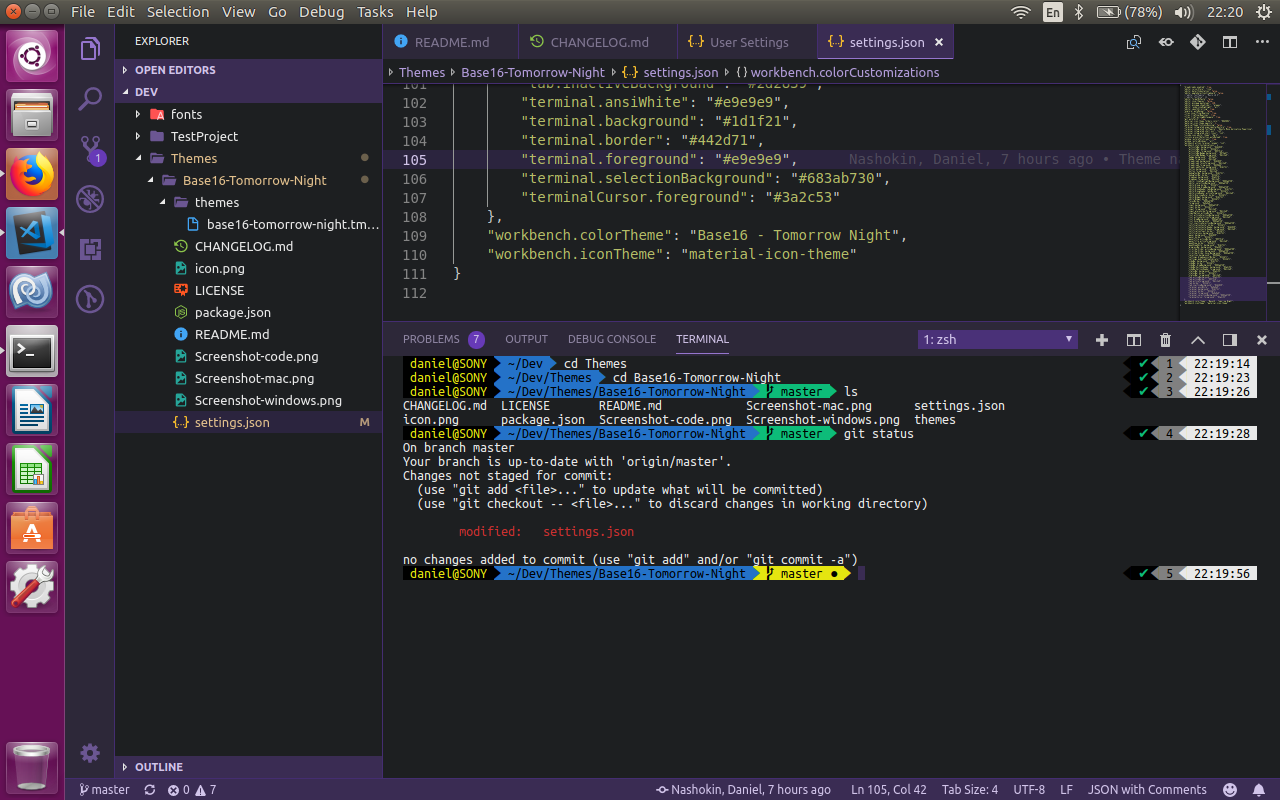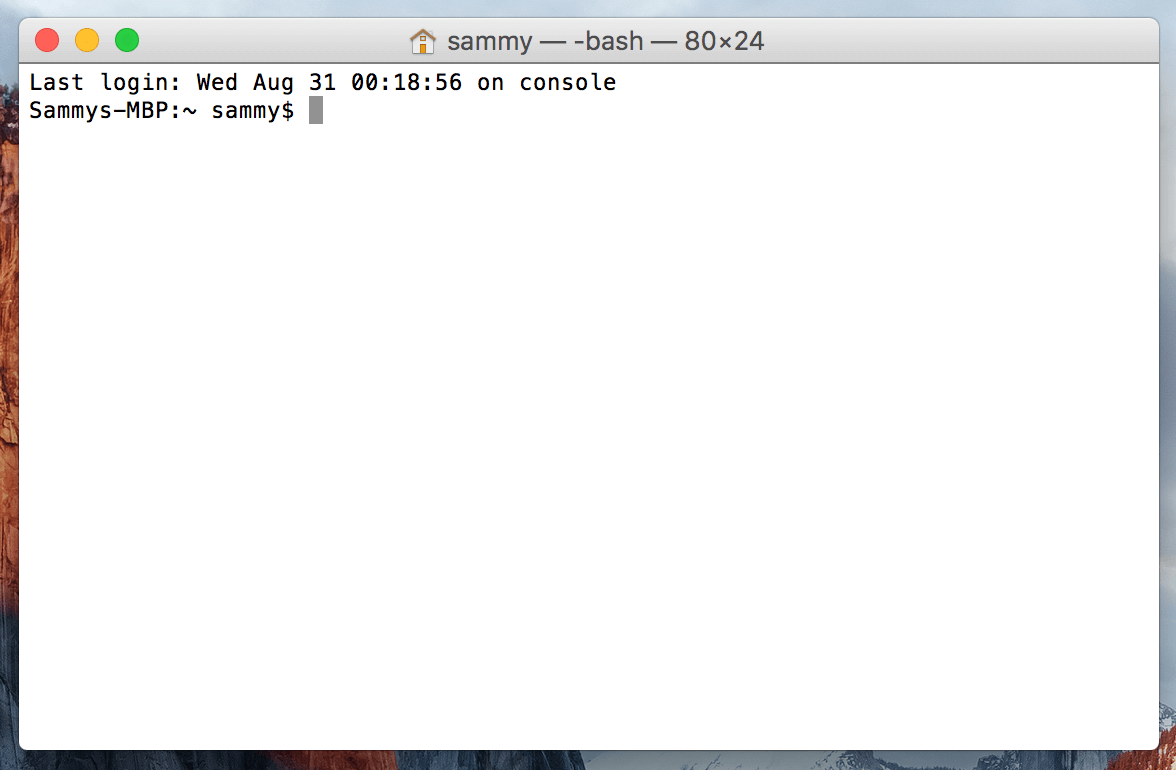- Automated updates for the core OS has been available for several years now on Macs, and Apple has added the ability to update automatically apps you have added from the AppStore as well. However, if you have installed open source apps with Brew, chances are that you may forget to update them regularly.
- Want to update Homebrew and your packages? Of course you do! Homebrew is a popular package manager for Mac that easily allows users to install and manage command line tools, apps, and utilities, typically familiar with the Linux and Unix world. Because it’s a package manager, you won’t need to manually build anything from source either.
- Brew update brew install mono-libgdiplus Install with an installer. MacOS has standalone installers that can be used to install the.NET 5.0 SDK: x64 (64-bit) CPUs; Download and manually install. As an alternative to the macOS installers for.NET, you can download and manually install the SDK and runtime.
- Verified on macOS 11.13.6: brew upgrade emacs will fail if there is no brew-installed emacs available, brew install emacs will install the most recent version (emacs-26.11 right now). – nohillside ♦ Jun 4 '18 at 18:18.

In this article, we will explain “How to Update Python on Mac?”. Updating Python on your MacBook Pro or iMac can be a tedious process. You need knowledge of terminal on macOS which is different from Windows cmd.exe. Here is a detailed article on how to upgrade Python on your mac.
To update Homebrew to its latest version, run the following command in your terminal: $ brew update Make sure you always update Homebrew before installing or updating any software. Installing Packages. Each package in Homebrew is called a Formula. To install new formula, you use the following command: $ brew install.
Macos Brew Update
Python is a popular programming language that is widely used by developers. Modern versions of macOS support Python 2.7.x (or Python 2.6.1 in older versions), but many users need to upgrade to Python 3.6 or 3.7.
You may like “macOS Catalina 10.15.5 Installing Problem – Here’s How to Fix It“.
Here are different methods to Update Python on your Mac
One can install Python without using the terminal on MacBook Air or Mac. For this, you need to download the Python installer from the python.org website. Follow the steps below:
- Visit Python.org and download the latest available Python 3 installer file.
- Run the downloaded file and install Python 3.x on your macOS.
- After completing the installation process, Python 3 will be installed.
- You can see the Python3 folder in /Applications on your Mac. You can also see IDLE in the /Applications.
How to Install Python with Homebrew
Before proceeding installation with Homebrew, it should be installed on your MacBook Pro. If you don’t have Homebrew on your system, you can download it from here. This script installs Homebrew to /user/local so that you don’t need “sudo” when you brew install.
To install python via HomeBrew, Follow these steps below:
Run the following command in Terminal:
When Python 3 is installed on your Mac, you can start the program with:
How to Know the Installed Version of Python
Open the Terminal on your macOS by typing terminal in Spotlight Search. Then use the following command:

In most cases, Python 2.7.x will be installed on macOS. After installing Python update, you can check the version with the following command:
Note: Just a reminder, you don’t need to remove Python 2.x or update it from 2.x to 3 in your macOS. You just install the updated version, both versions of Python can coexist without any error. These are the most simple techniques to “How to Update Python on Mac?”.
See Also

My 2016 MacBook Pro has been sitting around ignored of late. My primary work laptop has been an Acer Predator for the last year. With the production release of Big Sur, I decided to upgrade the OS the day of release. This weekend, I tried to upgrade HomeBrew and everything it had installed, but quickly ran into a big issue with the Command Line Tools (CLT) being out of date.
For those that are unfamiliar, Homebrew is “The Missing Package Manager for macOS”. Installing software that it supports is easy and it’s considered a must-have if you’re developing on macOS.
brew install <package>
Upgrading Homebrew and its packages can be done just as easily:
brew upgrade
but running this on Big Sur, with the latest version of Xcode (12.2) installed via the App Store will throw this error:
Your CLT does not support macOS 11.0
Macos Brew Update Error
Xcode Beta
Log into Apple’s Developer Site and download the beta of Xcode, version 12.3 as of this writing. It’s an 11.5 GB ZIP file, which will take time to download. It also took at least 30 minutes to unzip on my machine and I have an SSD. Don’t just drop it into your Applicaitons folder, you’ll need to completely remove your existing install of Xcode from the app store. Take a look at this article for details. I don’t use Xcode other than for the CLT, so be careful and make backups before you start deleting things.
Once you’ve removed the version from the app store, drag the unzipped Xcode Beta into your Applications folder and run it. You’ll have to accept the license agreement to proceed. Once it’s up and running, run your Homebrew upgrade again.
Updated Command Line Tools
I immediately got the same message as before. Installing this beta was reported on multiple sites to have addressed the problem, but for me it didn’t. I forgot that there was command to specially check for issues with Homebrew:
brew doctor
Among others were these messages:
Running the softwareupdate command found nothing to install. So I followed the next pair of instructions:
Since these commands start with sudo, you’ll need to enter your user password so they’ll run. Another download began and the upgraded Command Line Tools were finally installed. If this doesn’t work for some reason, go to More Downloads for Apple Developers where you can download the DMG for “Command Line Tools for Xcode 12.3 beta” (430 MB). I’m not sure if you can run that without the main Xcode beta installed, but it’s worth a try in order to avoid the other large download. If anyone is able to run that without the main beta, please let me know.
Third Time’s the Charm

And finally,
And there was much rejoicing! And I was finally able to start writing a new blog post.
Or so I thought.
Because updated software always runs perfectly the first time.
Shyeah, right. (Jekyll, I’m looking at you.)
Homebrew and Apple Silicon
If you’re experiencing any other issues with Homebrew, check their Github account before freaking out. Not everything is currently supported on Big Sur, but they’re working on it. The other massive project in progress is supporting Apple Silicon. Take a look at macOS 11.0 Big Sur compatibility on Apple Silicon for more information.
And if you can spare something, make a donation. They deserve it.

